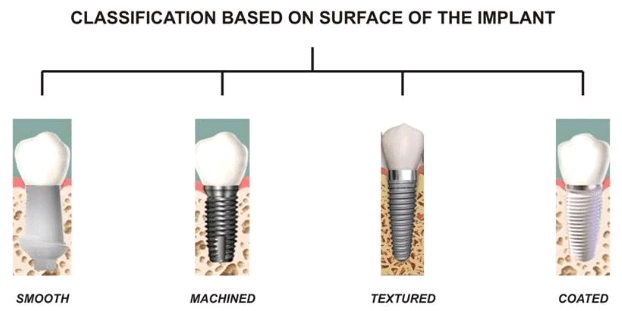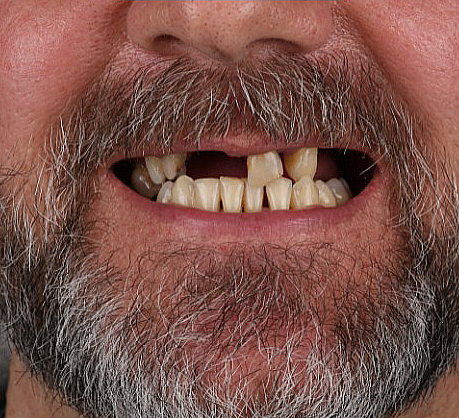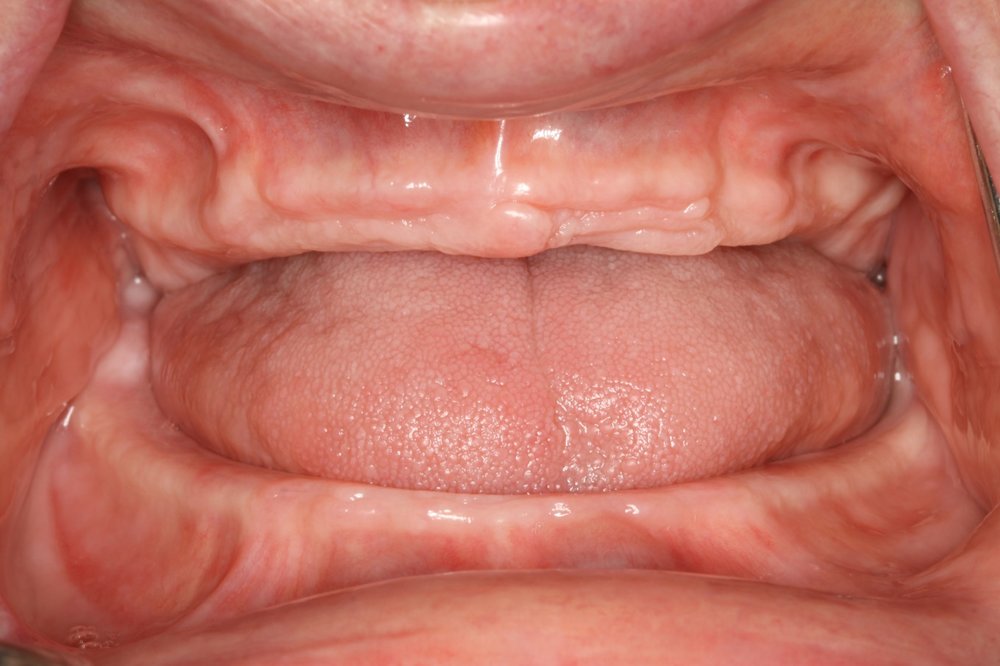In This Article
Types of Dental Implants Materials:
This is David and I am a dental implant educator at Chicago Implant Studio. In this article I will review one of the common questions I get from patients at the consultation appointment with our implant specialist “most common types of dental implants materials”
Dental Implants Materials have changed the field of dentistry, providing a durable and natural-looking solution for missing teeth. One key aspect of dental implants is the material from which they are made. Different materials offer unique properties, ensuring stability, biocompatibility, and long-term success. In this article, we will explore the most common types of dental implant materials, shedding light on their characteristics, advantages, and considerations.
Titanium Dental Implants:
Titanium dental implants are the most widely used and time-tested option in implant dentistry. Titanium is the most routine type of dental implant material used daily in implant offices. Titanium exhibits exceptional biocompatibility, allowing for osseointegration—the process of the implant fusing with the surrounding jawbone. This results in excellent stability and long-term success rates. Titanium implants are lightweight, strong, and resistant to corrosion. They are suitable for the majority of patients and have a proven track record of success in dental implant procedures.
Zirconia Dental Implants:
Zirconia dental implants materials have gained popularity due to their excellent aesthetic properties and biocompatibility. Zirconia is a ceramic material that closely resembles the appearance of natural teeth, making it an ideal choice for those seeking highly esthetic outcomes. Zirconia implants are resistant to plaque and bacterial adhesion, promoting healthier gums and reducing the risk of inflammation. While zirconia implants offer exceptional aesthetics, they may have limitations in terms of osseointegration compared to titanium implants, requiring careful patient selection and consideration.
Ceramic Dental Implants:
Ceramic dental implants materials, typically made of materials such as alumina or zirconia, provide an alternative to traditional metal implants. Ceramic implants offer excellent biocompatibility and natural-looking aesthetics, blending seamlessly with the surrounding teeth. They are hypoallergenic, making them suitable for individuals with metal allergies or sensitivities. Ceramic implants have a low affinity for plaque, contributing to improved gum health. However, they may not be as strong as titanium implants and require thorough case assessment for suitability.
Hybrid Dental Implants:
Hybrid dental implants materials combine different materials to leverage their unique properties. For example, a common hybrid approach involves using a titanium implant post with a ceramic or zirconia abutment and crown. This combination allows for optimal strength, stability, and aesthetics. Hybrid dental implants offer versatility, enabling dentists to tailor the implant components to meet specific patient needs and preferences.
Conclusion:
Choosing the right dental implant material is a crucial step in achieving successful tooth replacement and a natural-looking smile. Titanium implants are the gold standard, providing excellent biocompatibility, stability, and longevity. Zirconia and ceramic implants offer exceptional aesthetics and biocompatibility, making them suitable for individuals seeking highly esthetic outcomes or those with metal allergies. Hybrid implants provide a customizable approach, combining different materials to optimize strength, stability, and aesthetics.
When considering dental implants, it’s important to consult with an experienced implant dentist who can evaluate your individual case, including factors such as bone density, oral health, and personal preferences. The selection of the appropriate implant material should be based on a comprehensive assessment and consideration of the desired functional and esthetic outcomes.
Investing in high-quality dental implant materials ensures a long-lasting and successful tooth replacement solution. Enjoy the benefits of a confident smile, improved oral health, and restored functionality with the right choice of dental implant material.
Our all-inclusive pricing for implants is very competitive compared to all reliable implant centers in Chicago. We understand the challenges faced to pay for premium quality dental implant care and for the same reason we provide zero percent or minimal interest rates financing to make the process affordable. Schedule a free consultation online today or call us at (331) 257-7999 to find more about types of dental implants materials for your specific case.
Chicago Implant Studio is a specialty dental implant office that provides dental implants in Bolingbrook, Joliet, Batavia, Plainfield, Naperville, Aurora, Yorkville, Oswego, Montgomery, North Aurora, Illinois (IL).






